Controlling access to residential properties is an important part of community security. Property owners and managers always look for ways to improve entry systems, making them safer and more convenient. Modern technology has changed how communities can manage access, reducing the risks of unauthorized entry and enhancing overall security.
Understanding Residential Gate Entry Systems
Residential gate access control systems are designed to regulate who can enter a property. These systems range from simple keypad access to advanced solutions integrating mobile applications, license plate recognition, and remote monitoring. The goal is to provide seamless access for authorized individuals while preventing unauthorized entry.
Gated communities, apartment complexes, and private residences can all benefit from secure entry points. An effective system ensures that only approved residents, visitors, and service personnel can access the property, reducing the likelihood of trespassing and crime. Residential gate access control systems are a primary feature of secure entry management. These systems include various authentication methods to verify a person’s identity before granting access. Some of the most common components include:
- Keypads and PIN codes: Residents enter a unique code to open gates.
- Key fobs and RFID cards: Electronic credentials allow quick access.
- Intercom systems: Visitors communicate with residents or security before entry.
- Mobile app integration: Homeowners can grant or deny access remotely.
- License plate recognition: Cameras detect and verify vehicle plates for automatic entry.
Each option offers a different level of security and convenience. Many communities combine these methods to maximize control over who can enter.
Why Install Modern Entry Solutions?
Investing in advanced residential gate entry systems provides several advantages for property owners and residents:
1. Increased Security
Unauthorized access is a major concern for any community. Gate entry systems help prevent unknown individuals from entering the premises. Features like real-time monitoring and entry logs allow property managers to track all access events.
2. Improved Convenience
Modern systems make it easier for residents and guests to enter without relying on security personnel. Mobile app controls, remote access, and automated gates eliminate the need for manual intervention while maintaining security.
3. Enhanced Traffic Flow
In busy communities, outdated entry methods can lead to congestion at gates. Automated and contactless access options reduce wait times and streamline entry, benefiting residents and visitors.
4. Integration with Other Security Measures
Residential gate access control systems can be connected with surveillance cameras, alarm systems, and smart home devices. This creates a comprehensive security approach, making it easier to respond to potential threats.
Which Entry System is Right for Your Property?
Choosing the best gate entry solution depends on various factors, including property size, budget, and security requirements. Some key considerations include:
- Number of users: A small community may need a simple PIN-based system, while larger properties benefit from advanced authentication methods.
- Visitor access management: Systems that offer temporary codes or guest passes help ensure smooth visitor entry without compromising security.
- Maintenance and reliability: Choose a system with a strong track record of reliability to minimize downtime and reduce the need for constant repairs.
- Scalability: A flexible system allows for future upgrades as technology evolves or security needs change.
Common Challenges and Solutions
Despite their advantages, residential gate entry systems may come with challenges. Addressing these issues early ensures a smooth implementation.
1. Power and Connectivity Issues
Some gate systems rely on electricity and internet connections. A backup power source and reliable network infrastructure help maintain system functionality during outages.
2. Managing Access for Different User Groups
Balancing access for residents, visitors, delivery personnel, and maintenance workers can be complex. A system with role-based permissions helps maintain security while allowing necessary access.Residential gate access control systems can be connected with surveillance cameras, alarm systems, and smart home devices. Controlling access to residential properties is an important part of community security. Property owners and managers always look for ways to improve entry systems, making them safer and more convenient. Modern technology has changed how communities can manage access
3. Privacy Concerns
Some homeowners may worry about data collection related to license plate recognition or mobile access tracking. Clear data usage and storage policies help address these concerns while maintaining transparency. An effective system ensures that only approved residents, visitors, and service personnel can access the property, reducing the likelihood of trespassing and crime.
Future Trends in Residential Entry Systems
Security technology continues to evolve, making entry systems smarter and more efficient. Some emerging trends include:
- AI-Powered Access Control: Advanced algorithms improve license plate recognition and facial authentication accuracy.
- Cloud-Based Gate Management: Remote access and monitoring capabilities provide greater control and flexibility.
- Biometric Authentication: Fingerprint and facial recognition technologies add an extra layer of security.
As these innovations become more widespread, residential gate access control systems will continue providing homeowners better security and convenience.

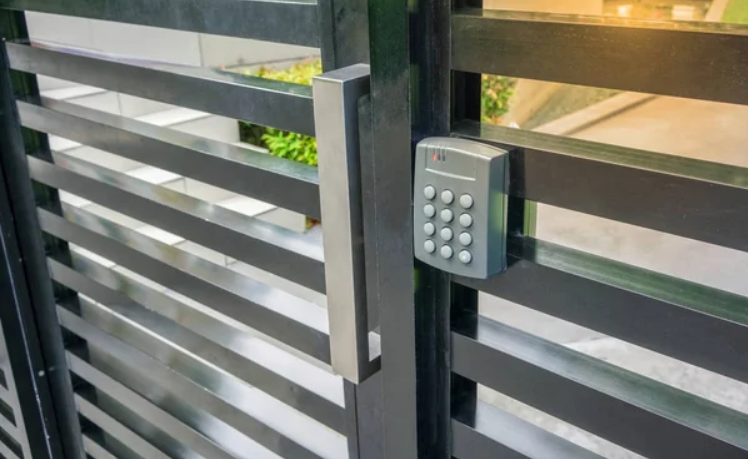
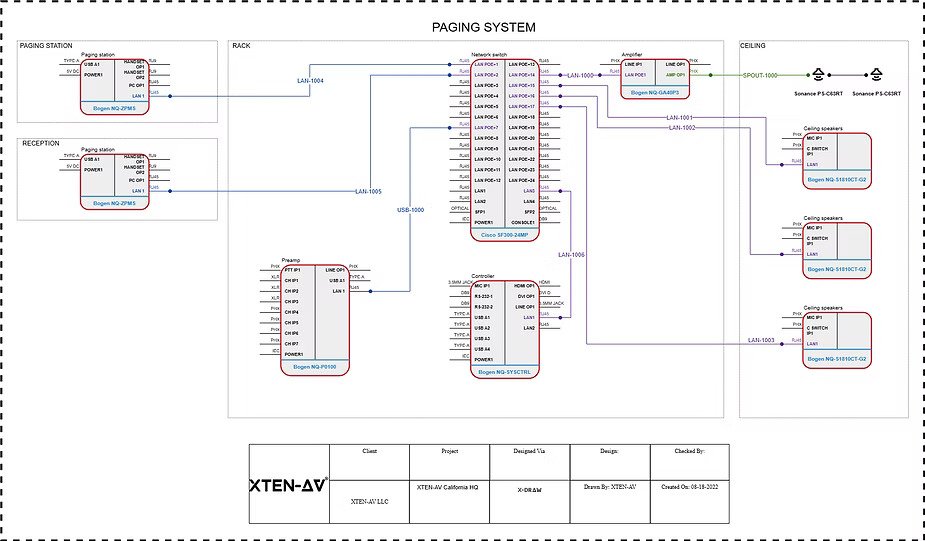

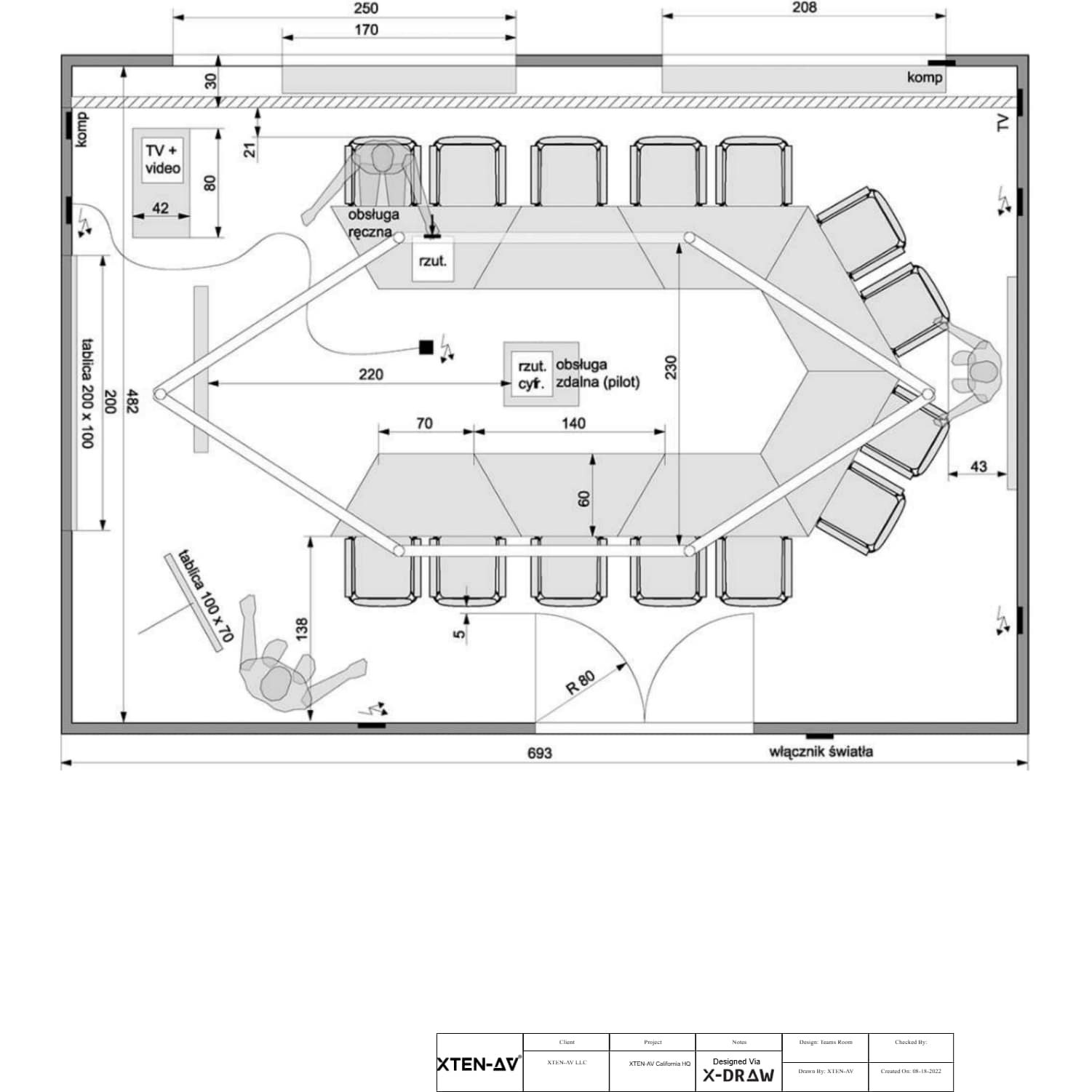
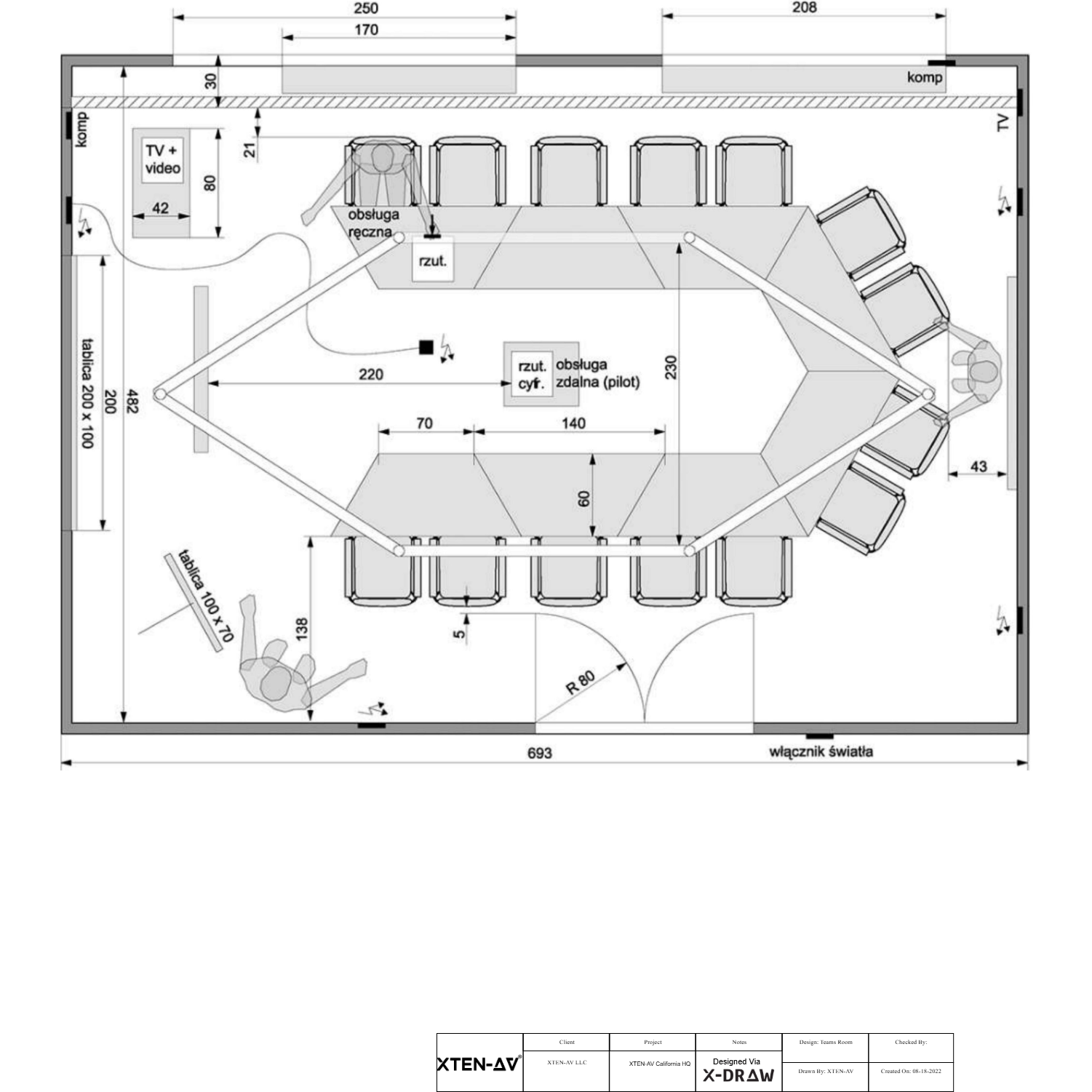




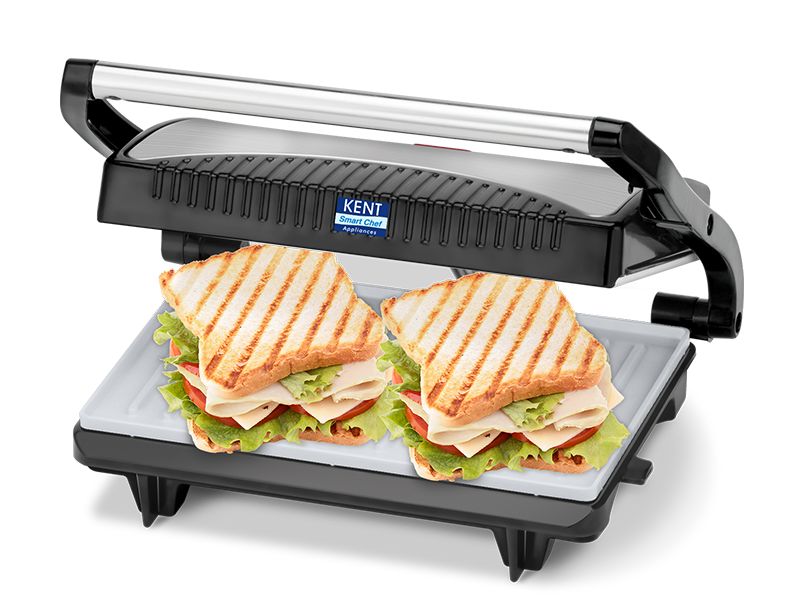



Leave a Reply